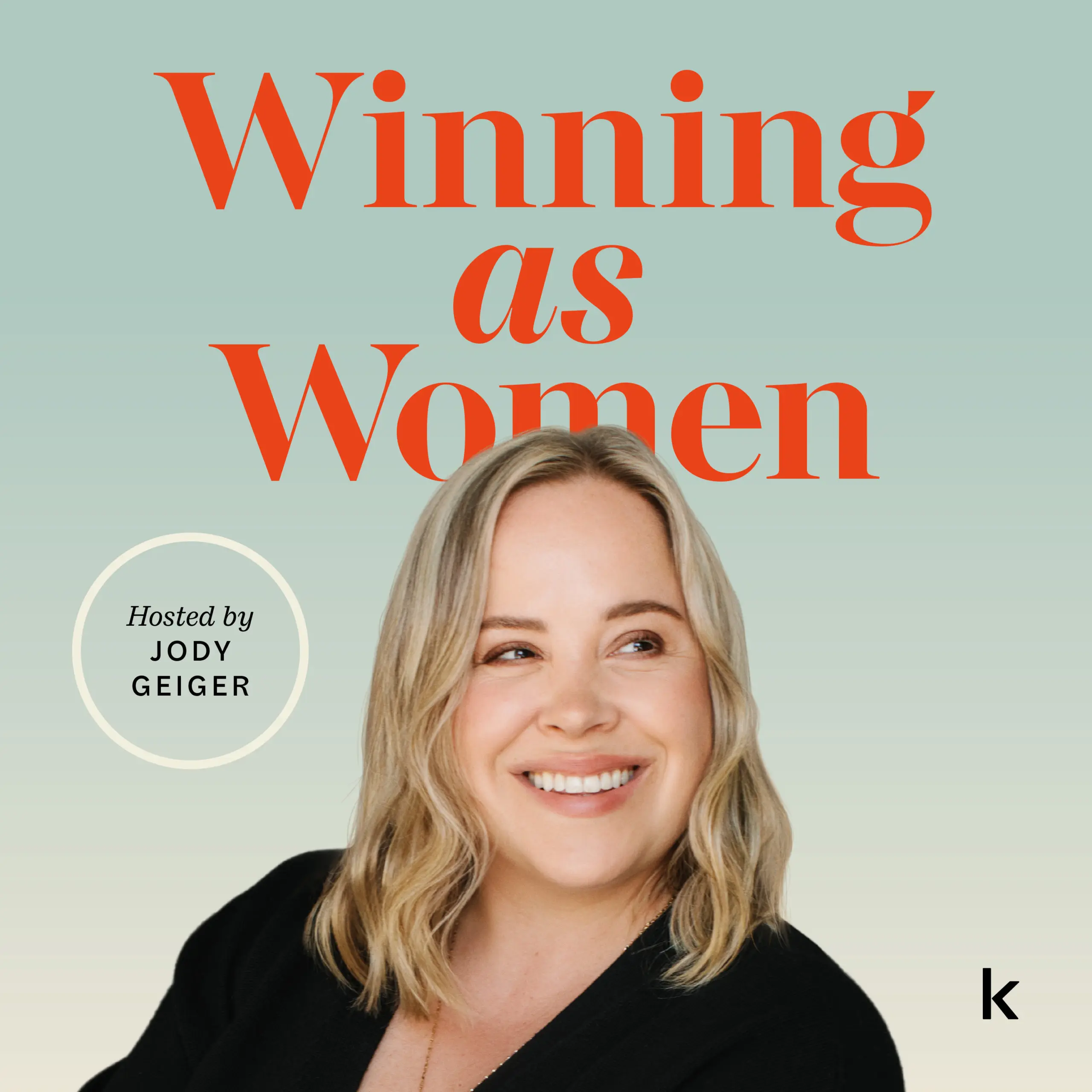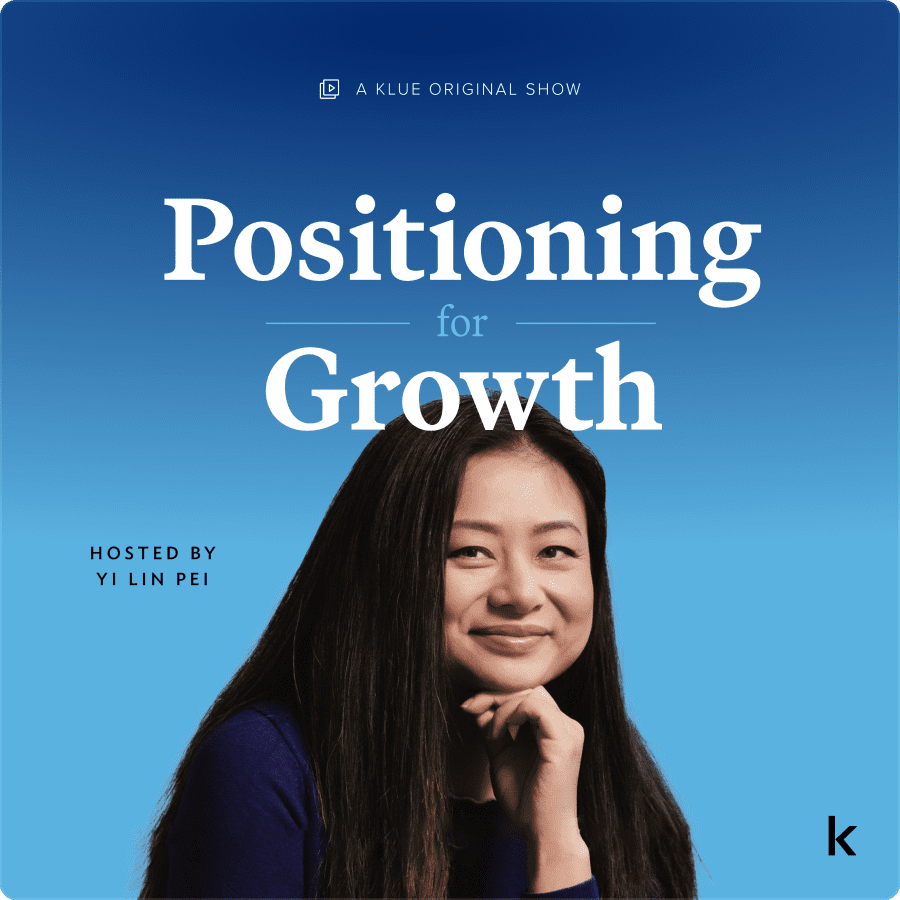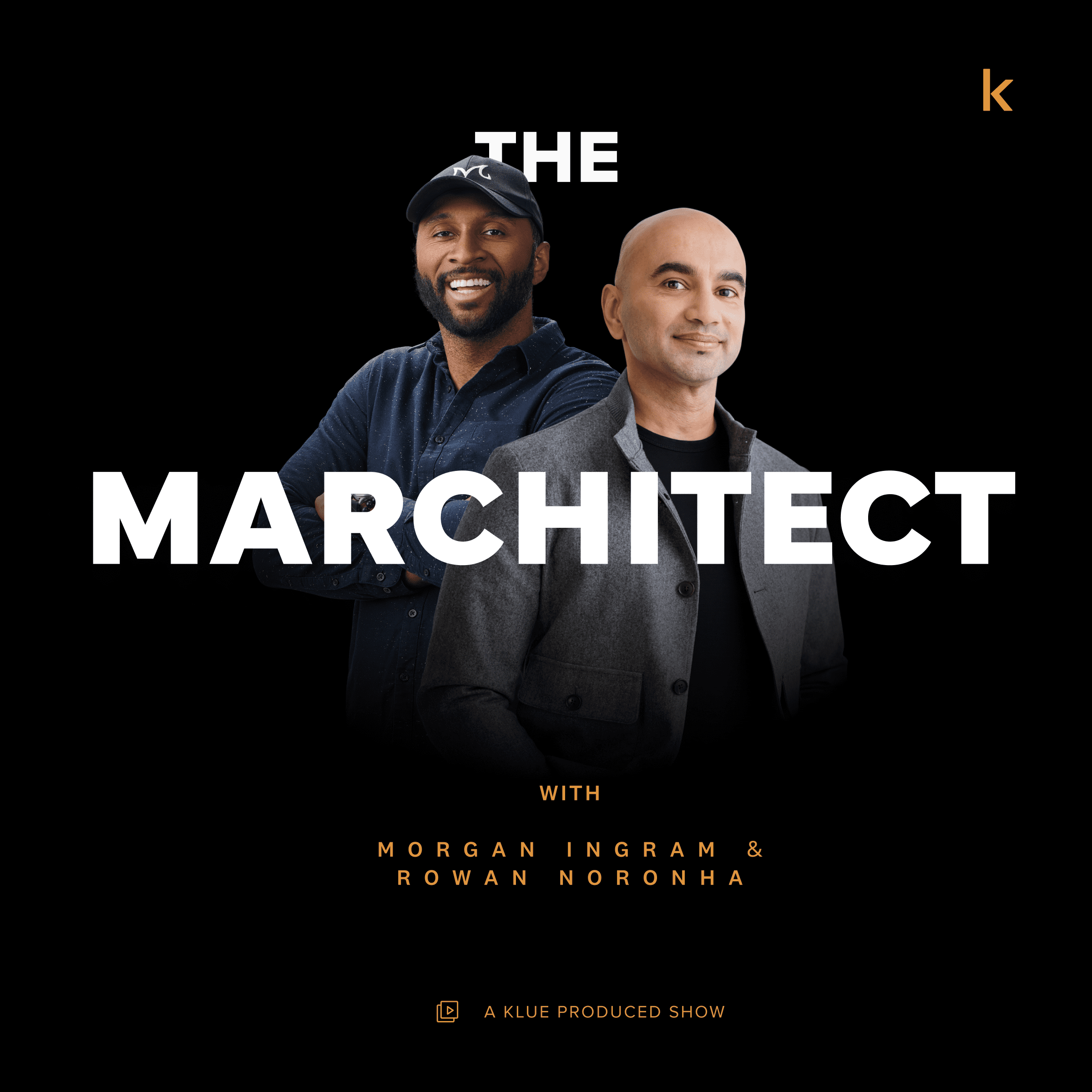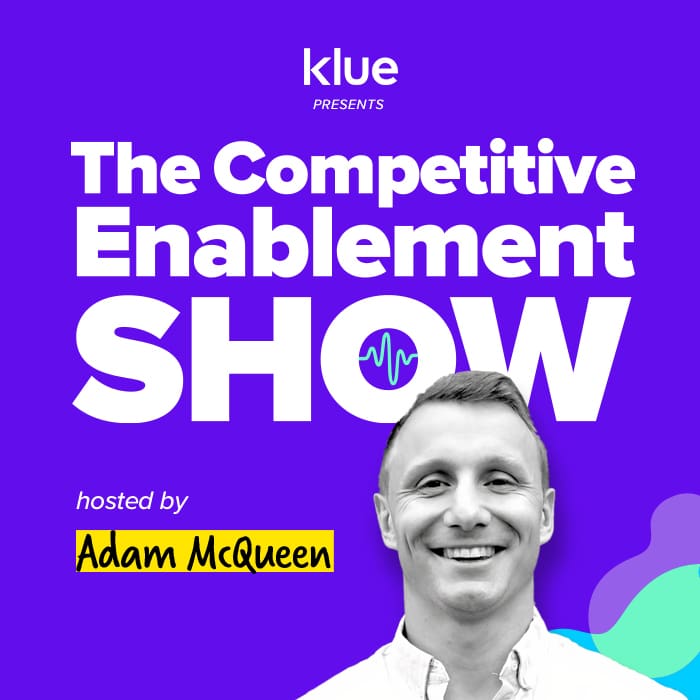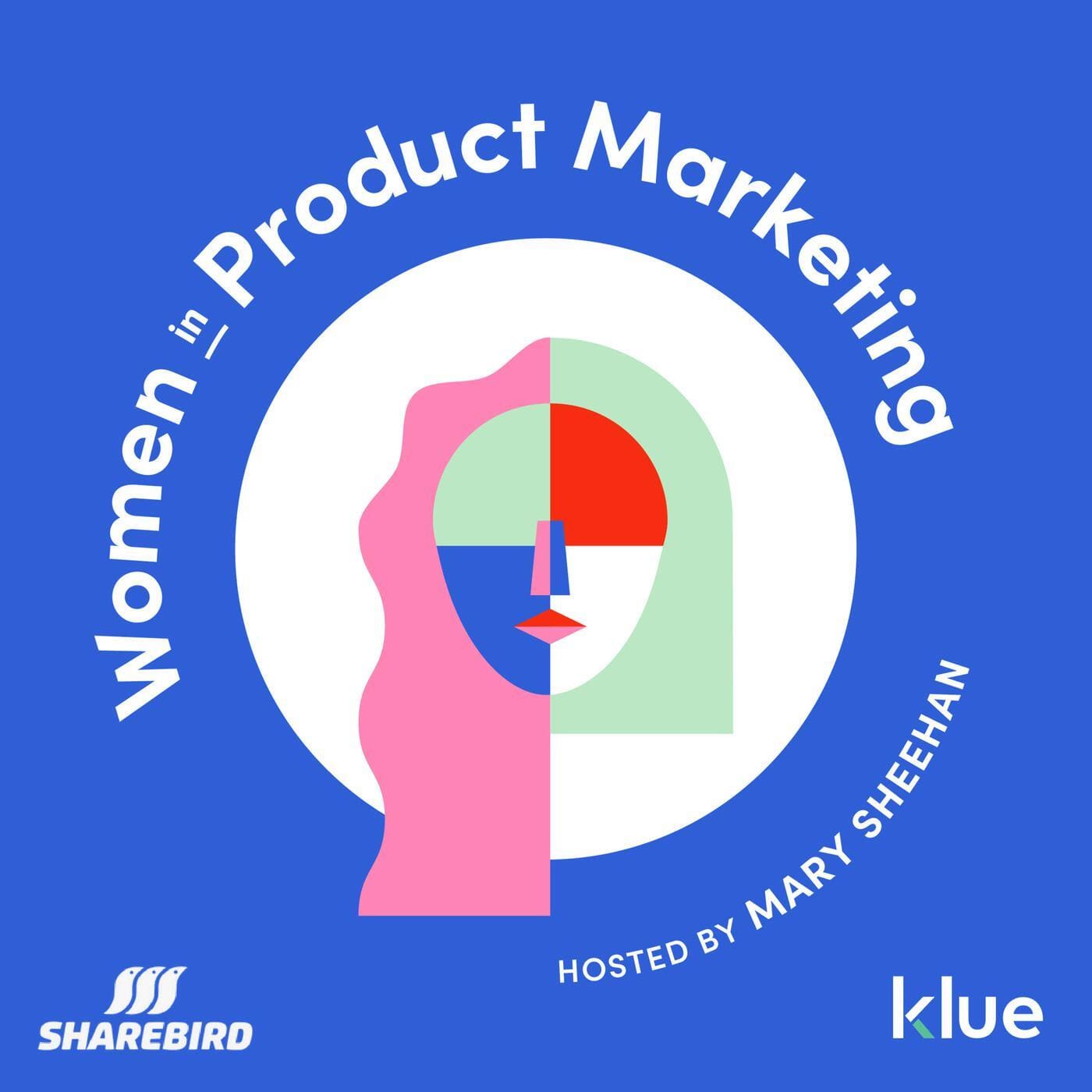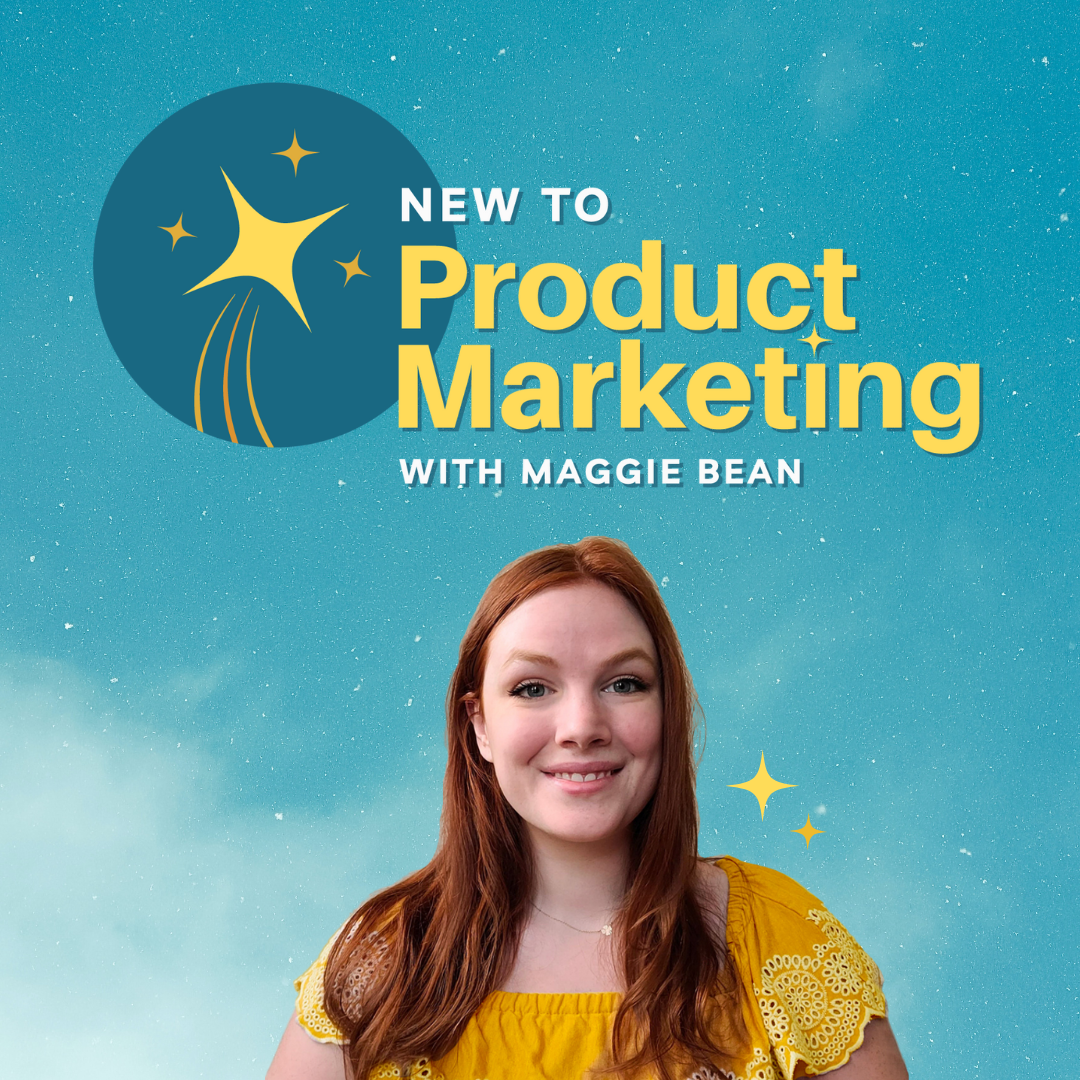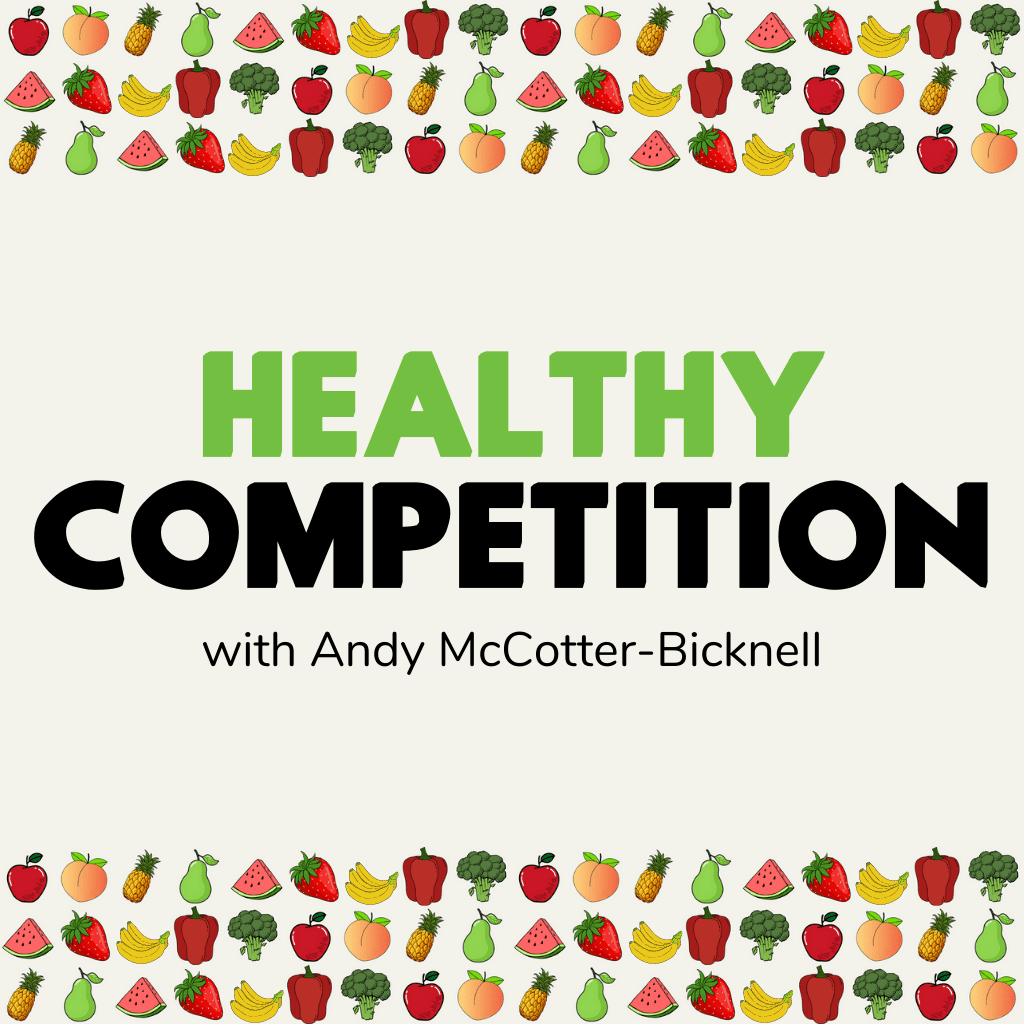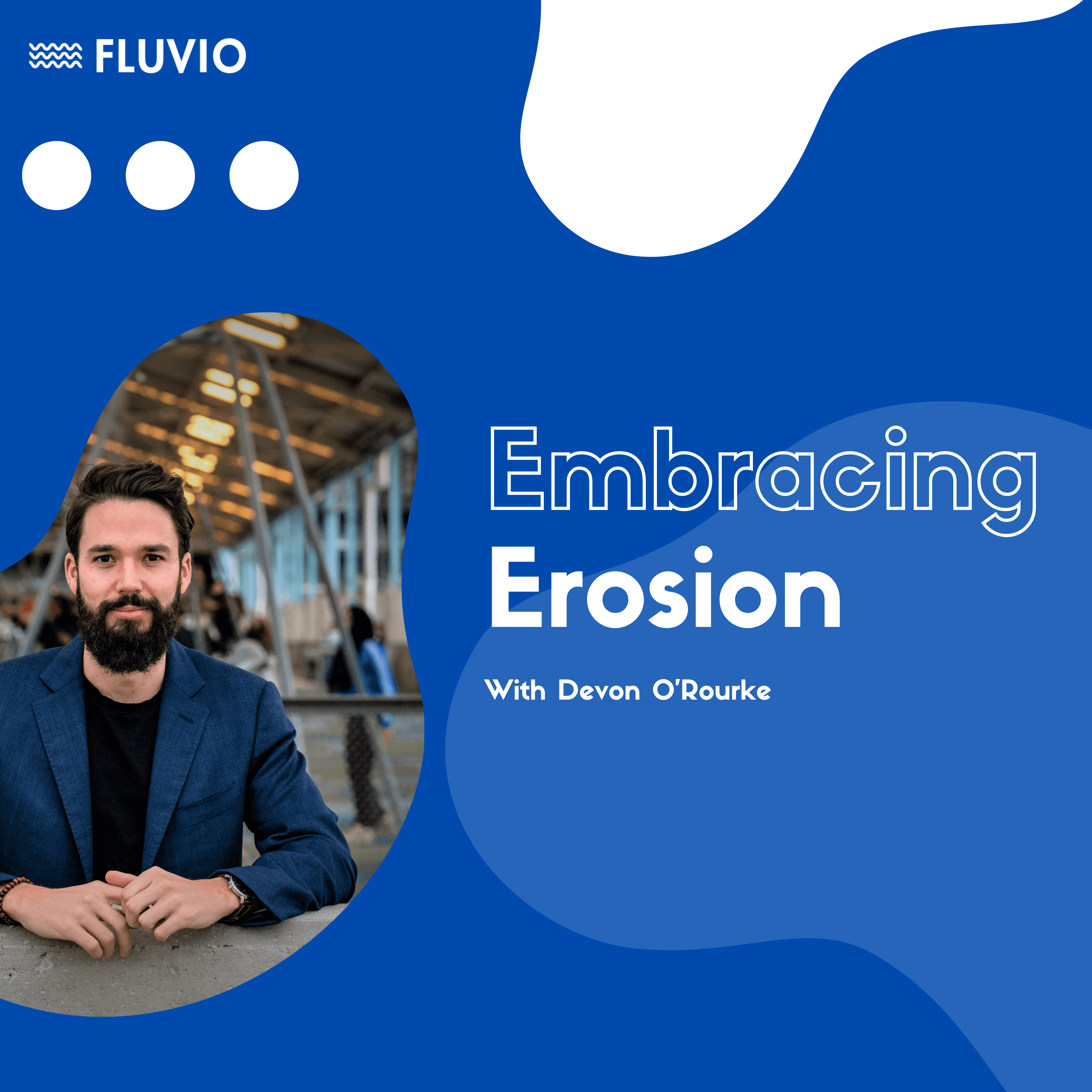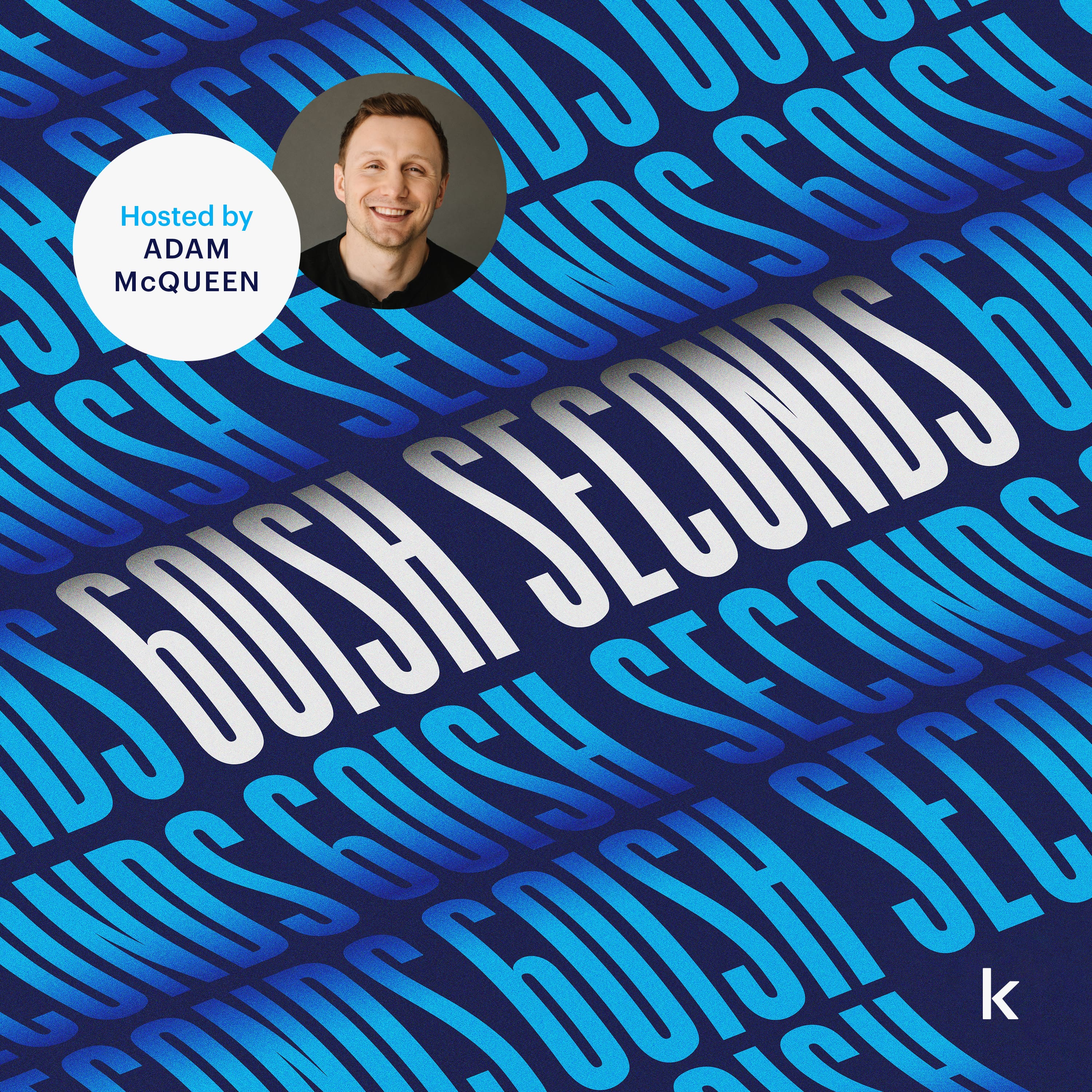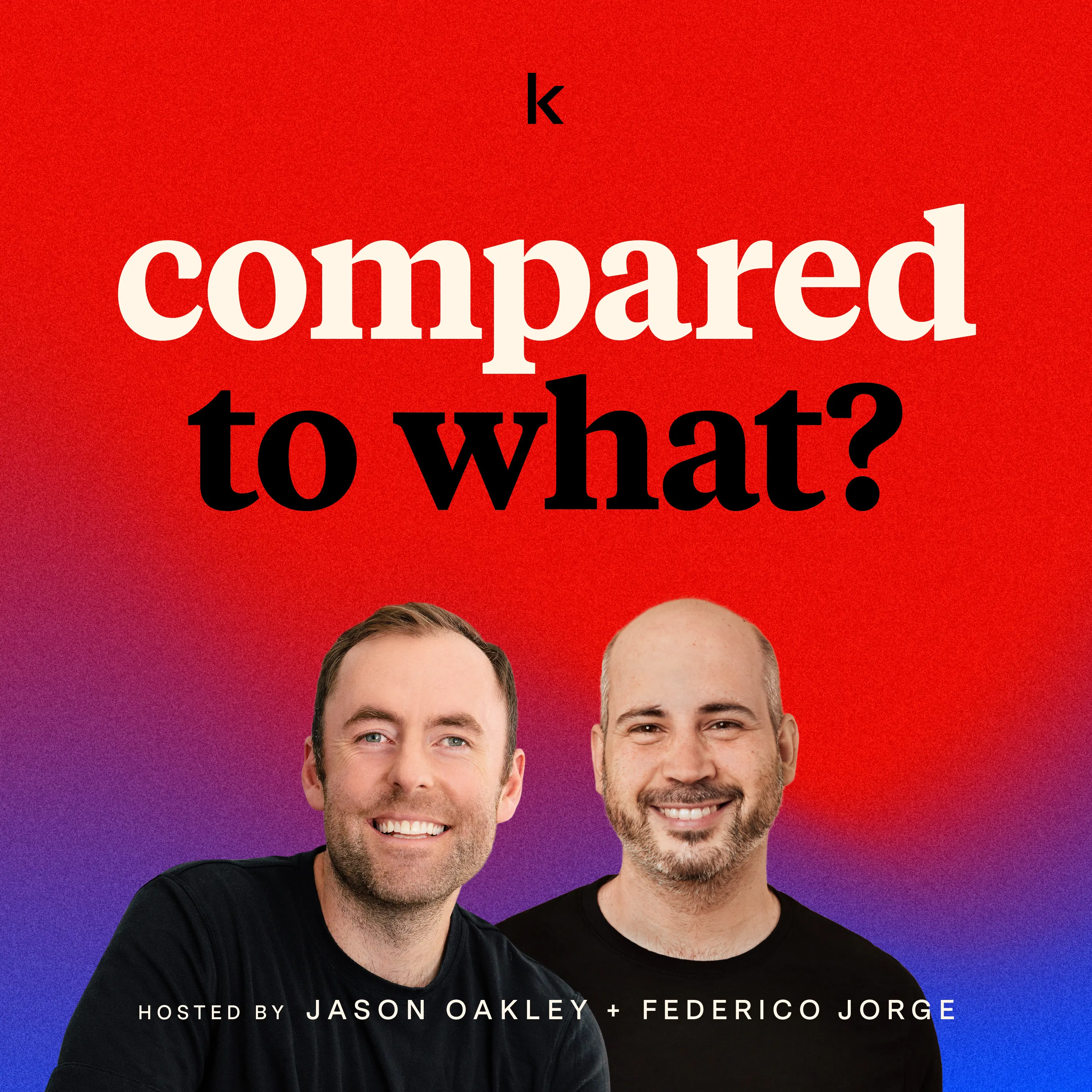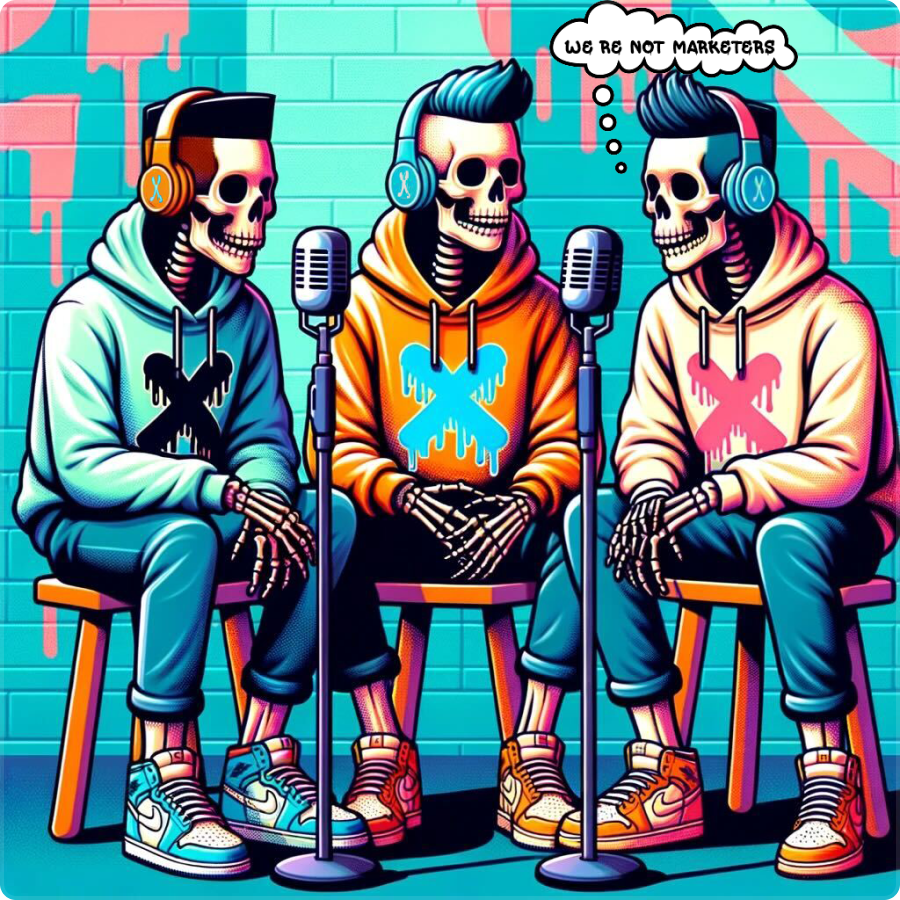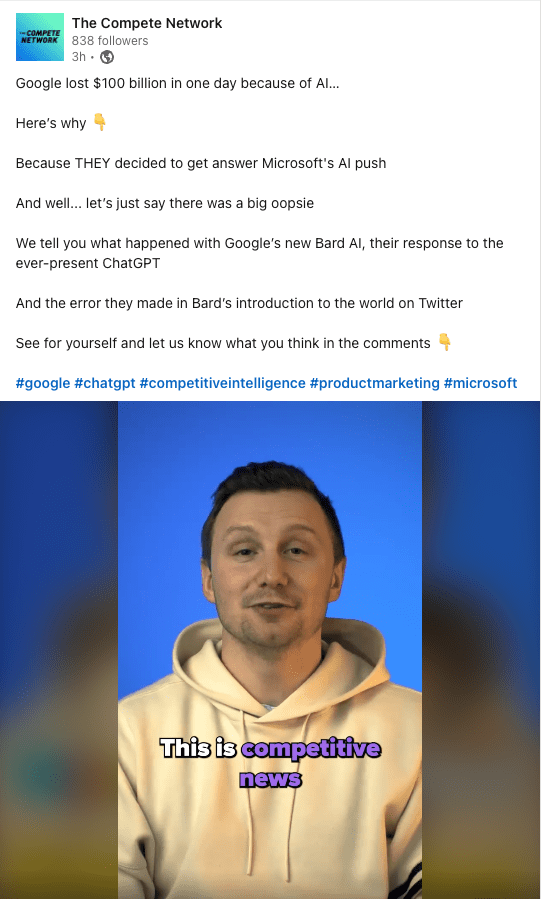How Sprout Social’s Peter Mertens Brings Win-Loss to the Board, AI Wars in 60 secs
“We need to be proactive, not reactive,” has officially become one of my most loathed clichés in business.
It’s not because it’s not true. It’s because, at a certain point, the cliché has lost its meaning and turned into a platitude.
So when this week’s guest on the Competitive Enablement Show, Sprout Social’s Director of Market Strategy Peter Mertens, shared a tangible example of the benefits of being proactive, and the dangers of being reactive…let’s just say I’m a little less cynical about the cliché.
We’ve got Peter’s interview with Adam, an upcoming event on how to write competitive intel newsletters, and much more in today’s edition of ☕️ Coffee & Compete
Let’s rock,
Sprout Social’s Director of Market Strategy on Win-Loss
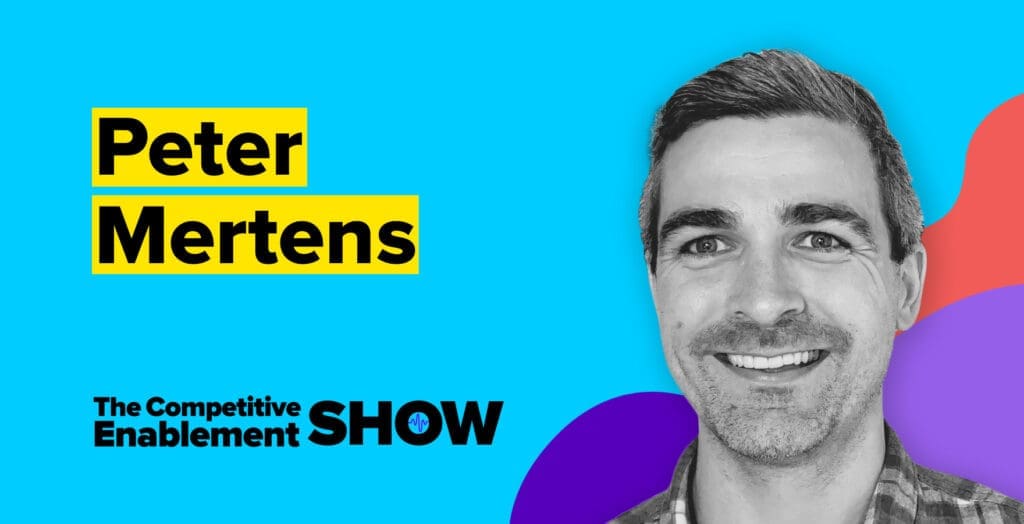

A win-loss program can give you insights into your internal processes but should it?
Peter Mertens’ win-loss analysis program at Sprout Social has built a reputation for delivering the kinds of competitive insights executives crave. But it didn’t start off that way.
Instead of focusing his initial win-loss presentation on competitive insights, he gave recommendations on how to improve internal sales processes.
“It’s not that insights concerning process aren’t helpful, but when you go to a meeting about win-loss analysis on competitors, process insights aren’t what my execs were expecting to hear.”
To be sure, insights related to internal process improvement are valuable. But in this case, Peter’s mistake was not aligning his insights to what his executive team was looking for.
That’s why it’s critical for those building a win-loss program to get clear on the goals of the program, based on what the organization — especially the leadership team — is looking for.
If your leaders are looking for insights into internal sales processes, deliver on that.
But if you’re promising a competitive win-loss analysis, best make sure competitors are the main focus.
Quantitative Win-Loss Insights Are Powerful If You Have the Data to Back It Up
Sprout Social’s website generates thousands of trials every month, producing tens of thousands of quantitative data points from which to draw insights.
Leveraging quantitative CRM data first and then layering in qualitative on top of that has been beneficial for Peter in two ways:
- His board has generally been more receptive to quantitative data
- It has allowed him to scale his program more efficiently as a team of one
Ultimately, the decision to lean more into the quantitative or qualitative end of win-loss analysis depends on factors like your access to data. More specifically, the amount of data you have access to.
Companies that don’t have easy access to a massive amount of data will likely be better served with an interview-based win-loss program.
“But if you are a PLG type product and you’re generating several thousands of trials and leads per month and so many of those are getting to close, whether close won or close loss, start with quantitative and then work in the qualitative.”
Bottom line: the best win-loss programs leverage both CRM and interview data to inform their recommendations.
To what extent you prioritize one or the other will depend on your business and the insights your organization is looking for.
Don’t Wait to Be Tasked with Win-Loss — Do it Proactively
Nobody asked Peter to start a win-loss program. He saw an opportunity to bring value to the business and seized it.
Instinctively, we all know we should strive to be proactive at work. Some of us also have the tendency to be people pleasers — handling a mountain of requests and servicing those requests.
But Peter’s observed that the tendency towards reaction can be a real hindrance to your career.
“We fall into this trap of being reactive because we think that’s how we get people to work with us. But what I found is the exact inverse. People want to work with you when you bring something to them, so you should be proactively bringing these insights to various parts of the business.”
Working in compete involves collaborating and building relationships with different departments across the organization.
And especially in the beginning when you’re trying to make a name for your function, it’s normal to fall into the trap of overextending yourself to service different departments.
But in Peter’s career, his career advancement has come from bringing information to his leadership team without being asked for it.
Compete pros live in a privileged space in the organization — one with visibility into a ton of different departments.
Leverage that advantage and lean into finding competitive insights your organization needs to get to the next level.
You might get your career there too.


Coffee & Compete Community Corner
Today’s CCCC is brought to you by the place where compete experts live: the Compete Network.
Host of the Competitive Enablement Show Adam McQueen dusts off his journalist hat and gives his take on the AI wars — all in 60-ish seconds.
Whether it’s ChatGPT giving politically skewed answers, Google’s Bard making objectively factual errors, or Microsoft’s generative AI revealing its real name and plans for world domination, the AI wars are one story sporting a big, fat “to be continued”.
Click the post below to check out the short video.
And follow the Compete Network on LinkedIn for more competitive content like this.
Thanks for reading this week’s edition of Coffee & Compete. As always, please reach out to me and the rest of the team with your thoughts and feedback. And If you know someone who isn’t already subscribed to Coffee & Compete, be a good friend and tell them about us. |


NEWSLETTER
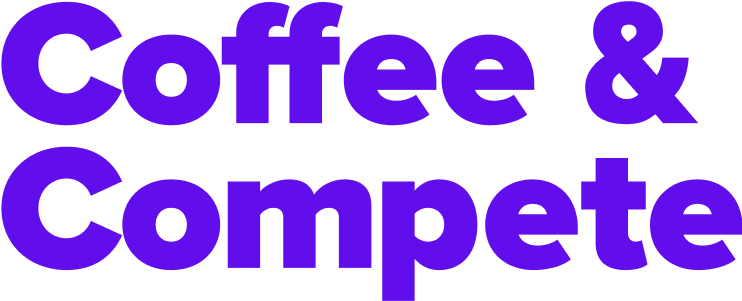
Never miss a new release on the network.
(Your competitors sure aren’t.)
Be the first to know about:
- The latest episodes dropping on the Compete Network
- Community sessions & events
- Upcoming exclusive shows

